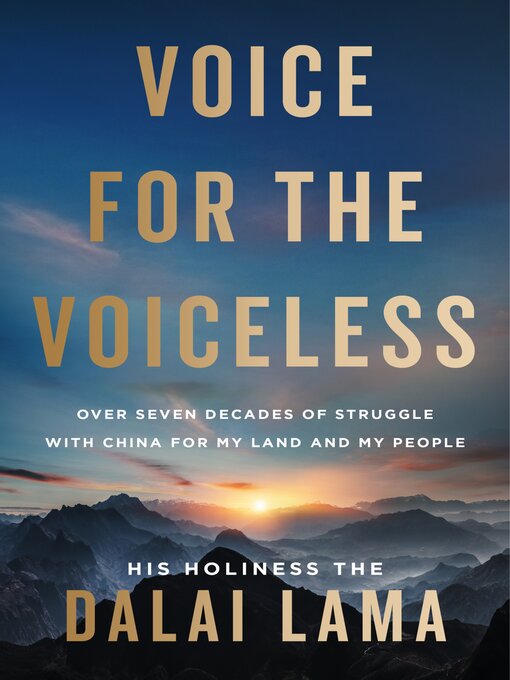INSTANT NEW YORK TIMES BESTSELLER
In this unique book offering personal, spiritual, and historical reflections—some never shared before—His Holiness the Dalai Lama tells the full story of his struggle with China to save Tibet and its people for nearly seventy-five years.
The Dalai Lama has had to contend with the People's Republic of China for about his entire life. He was sixteen years old when Communist China invaded Tibet in 1950, only nineteen when he had his first meeting with Chairman Mao in Beijing, and twenty-five when he was forced to escape to India and became a leader in exile. In the decades since, he has faced Communist China's leaders—Mao Zedong, Deng Xiaoping, Jiang Zemin, Hu Jintao, and Xi Jinping—in his efforts to protect Tibet and its people, with their distinct language, culture, religion, history, and environment, in the face of the greatest possible obstacles.
Now, almost seventy-five years after China's initial invasion of Tibet, the Dalai Lama reminds the world of Tibet's unresolved struggle for freedom and the hardship his people continue to face in their own homeland. He offers his thoughts on the geopolitics of the region and shares how he personally was able to preserve his own humanity through the profound losses and challenges that threaten the very survival of the Tibetan people. This book captures the Dalai Lama's extraordinary life journey—discovering what it means to lose your home to a repressive invader and to build a life in exile; dealing with the existential crisis of a nation, its people, and its culture and religion; and envisioning the path forward.
Voice for the Voiceless is a powerful testimony from a global icon, who shares both his pain and his enduring hope in his people's ongoing quest to restore dignity and freedom.

